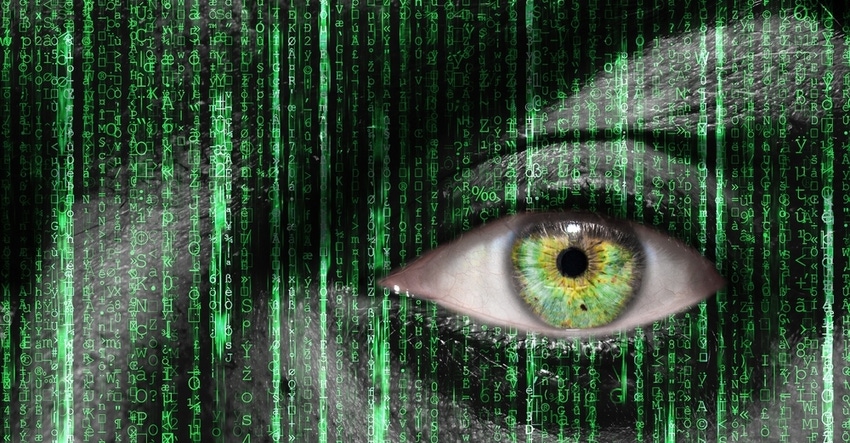Mobile operators are being asked to provide subscriber data to governments in order to track the spread of coronavirus and they dare not refuse.
March 23, 2020

Mobile operators are being asked to provide subscriber data to governments in order to track the spread of coronavirus and they dare not refuse.
Reports are coming thick and fast of mobile operators granting levels of information about their subscribers to governments that they would presumably refuse under normal circumstances. On top of that telecoms networks offer a great way for state agencies to ramp up their physical surveillance rapidly and, since most communication is now electronic, they know where to go for spot of light censorship too.
Now don’t get us wrong, in times of crisis of course some civil liberties need to be temporarily curtailed in the name of public safety. The tricky bit is finding the right balance between safety and liberty. It’s no good seeing off the immediate threat only to leave a society stripped of many of its hard-won rights and freedoms. On the other hand the primary job of the state is to do whatever it takes to protect the welfare of its citizens.
The single most effective method of flattening the pandemic curve is ‘social distancing’, which involves people not congregating in large groups. We’re social animals, however, and in democracies people are not used to having their movement restricted. This dilemma is being played out in the UK right now, where the government is resisting the use of legal force, but as a consequence a lot of people are reserving the right to commute and socialise in spite of pleas to the contrary.
The use of force, which has already started in Italy, Spain and other countries, marks a profound shift in the relationship between the state and the individual, one which in most democracies has no precedent since the end of World War Two. Such severe measures may well be necessary in the short term, but that doesn’t mean they shouldn’t be closely monitored, questioned and ended at the earliest possible time.
UK site TOP10VPN has set up a COVID-19 Digital Rights Tracker, which documents new measures introduced in response to COVID-19 that pose a risk to digital rights around the world. These digital rights are subdivided into ‘digital tracking’, ‘physical surveillance’ and ‘censorship’. The tracker reveals that in the UK O2 and EE are reportedly intending to share user data with the government and other European countries are using surveillance drones.
Already a group of UK technologists and human right experts have published an open letter calling on the UK state to safeguard ethical considerations when drafting new measures designed to fight the pandemic. Meanwhile, in the famously freedom-loving US, the New York Times is wondering how we will get the state surveillance genie back in the bottle once this crisis is over.
As we have covered extensively, social media is where much of today’s censorship takes place, and all the major platforms are coming under severe pressure to counter ‘misinformation’ about the spread, treatment and prevention of this novel coronavirus. Facebook’s censorship bot has been deleting perfectly legitimate posts on the matter, Twitter has revealed a raft of new topics that will now be subject to censorship, while YouTube wasted little time in using the crisis as another excuse to demonetize its creators.
Civil society always involves a trade off between safely and freedom and in times of crisis that balance inevitably moves towards safety. The problem is that the state likes having more power over its citizens – all the better to help them of course – and tends to be reluctant to relinquish emergency powers once the emergency is over. While doing everything they can to assist the collective effort, it’s right that companies and individuals also keep sight of the kind of society they’re so keen to protect.
About the Author(s)
You May Also Like








.png?width=300&auto=webp&quality=80&disable=upscale)


_1.jpg?width=300&auto=webp&quality=80&disable=upscale)


.png?width=800&auto=webp&quality=80&disable=upscale)